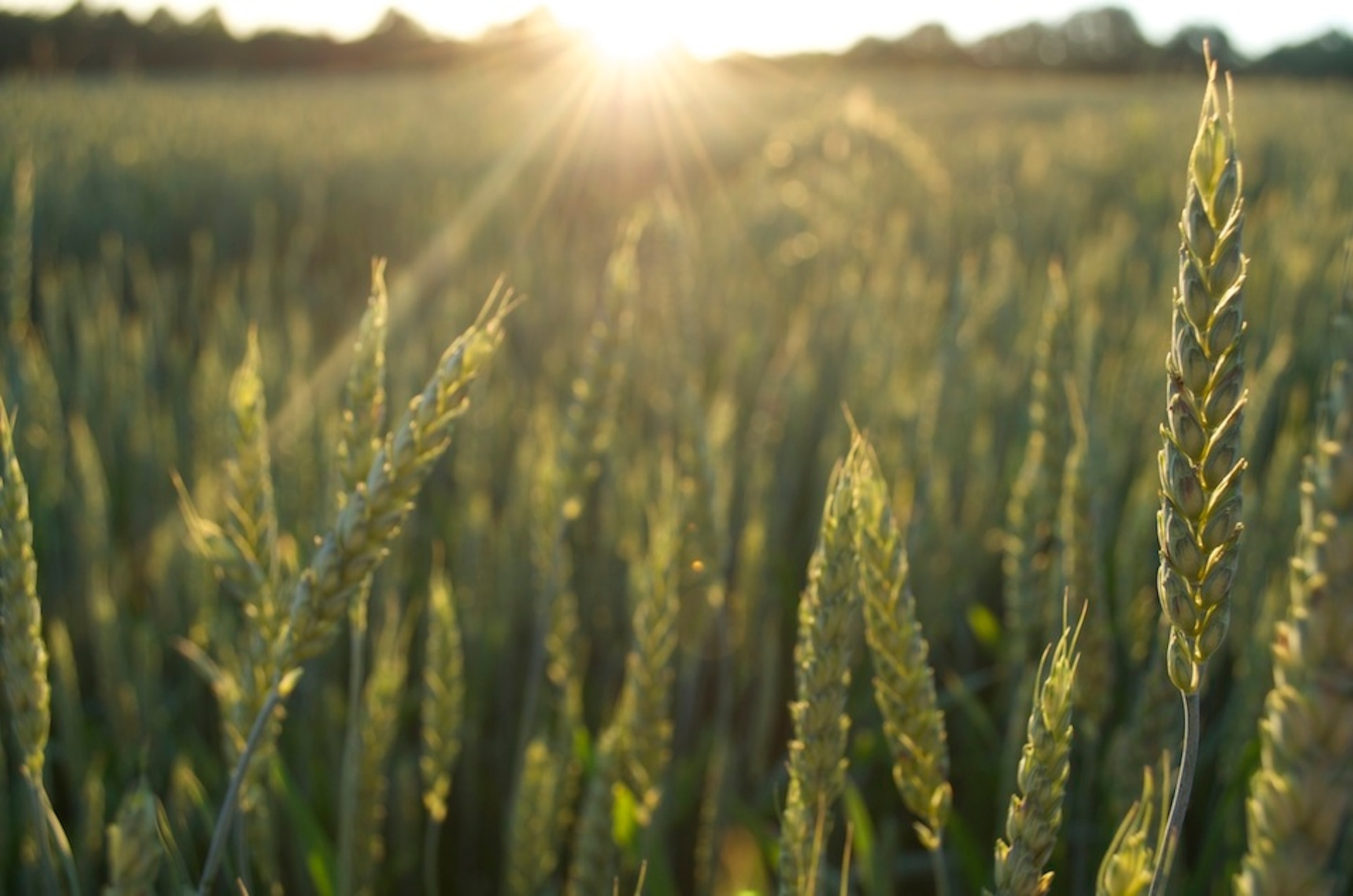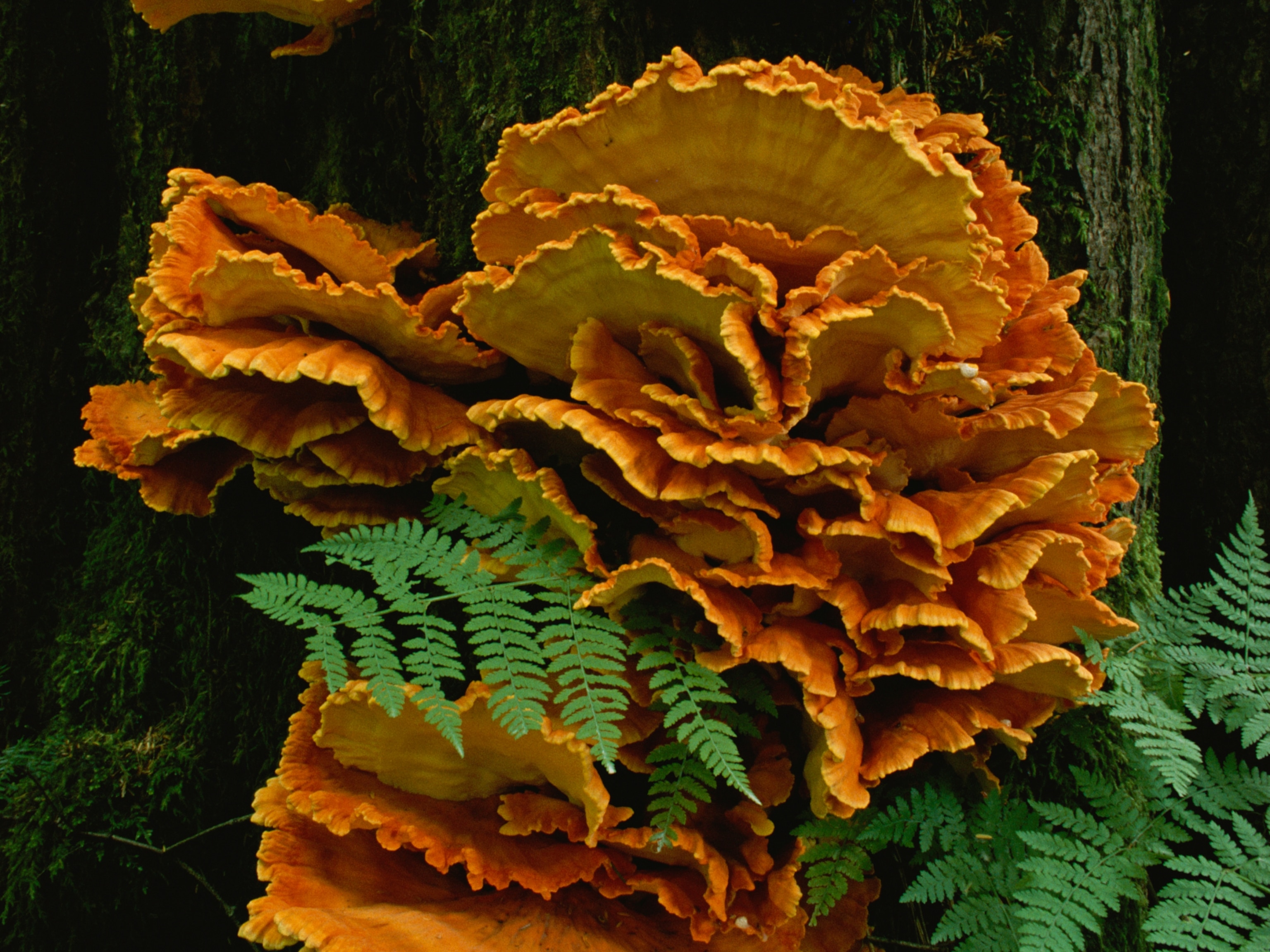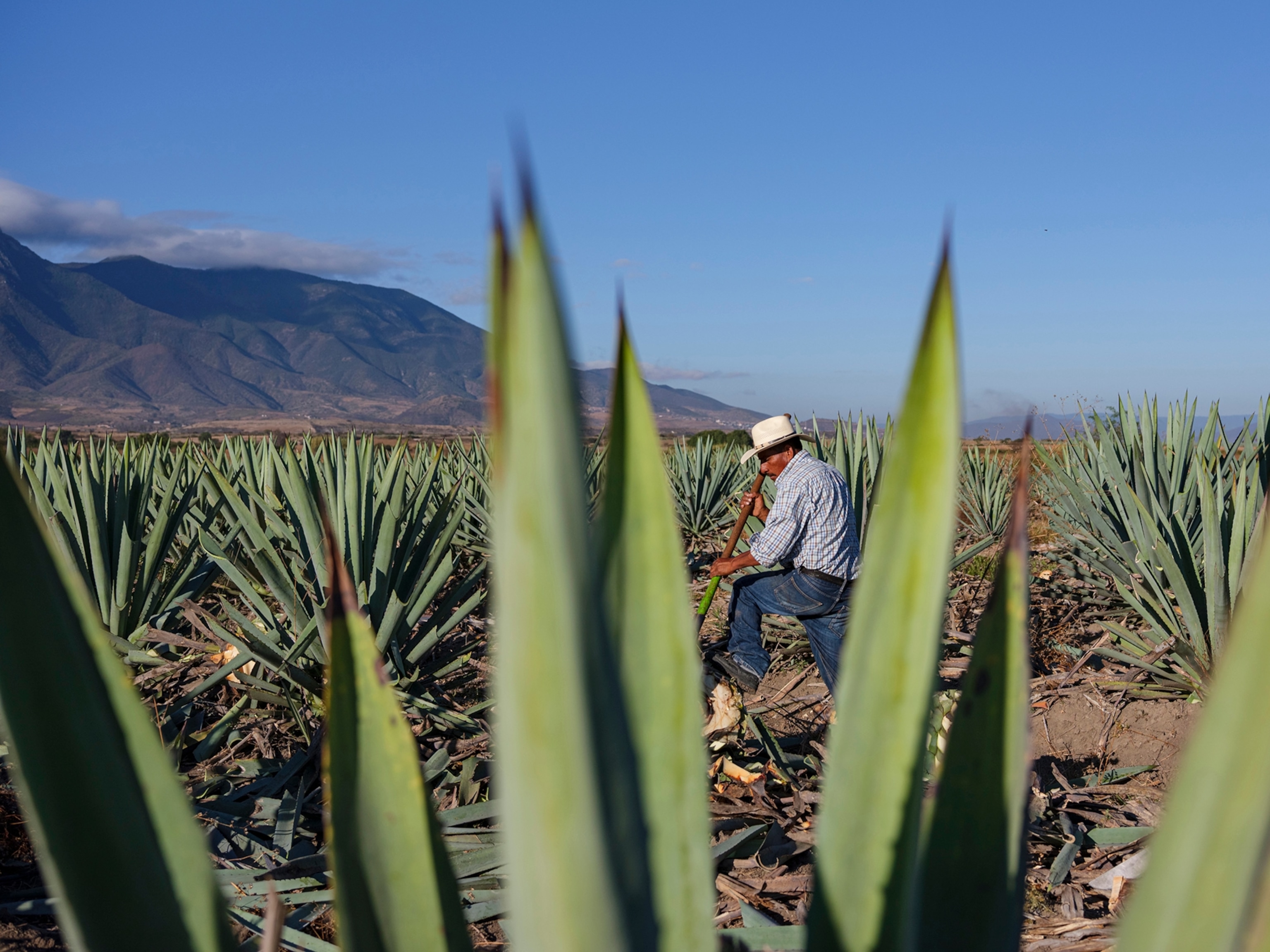If we have any hope of reaching the United Nations’ goal of doubling Earth’s food production by 2050, farmers will have to innovate—and not just farmers, but the seed and fertilizer companies who work in labs to make food grow more efficiently and reliably.
What if there’s another way, however, to dramatically boost food production? Crops that withstand drought or drive away pests can only go so far. Once you can get plants to literally grow faster, it may be possible to boost production. That’s the thinking of several Columbia University researchers who have an idea to make plants photosynthesize more quickly, to the tune of 60 percent higher yields.
Here’s how it would work. Photosynthesis is the process by which plants turn sunlight into sugar. But they evolved that ability on a planet with much more carbon dioxide than oxygen. Now, on an oxygenated planet (thanks to those same plants) photosynthesis isn’t very efficient. Plants waste a lot of energy grabbing oxygen and trying to turn it into sugar, which doesn’t work. So the goal is to make plants better able to discriminate, and one possible way is with an enzyme called Rubisco that helps plants photosynthesize. Some plants already have more than others—many of them are weeds that grow out of control. Give crops like tobacco or rice a boost of a certain type of Rubisco enzyme and they’ll spike in productivity.
Researchers say it’s like putting a new engine block in an old jalopy. I think of it like that movie Jack, when Robin Williams grows into an adult four times faster than his young friends. Imagine what would happen if your lungs were twice as big. They’d shuttle twice the oxygen to your brain, theoretically making you twice as smart, alert, and perhaps productive.
On a planet with limited land and water, genetically tweaking enzymes is a promising way to bypass the Malthusian fear of food shortages. As with any scientific process, more research is needed to know for sure. But even then, one wonders if the science may outpace the public support for such a sci-fi idea of creating fast-growing Frankenstein plants. It’s hard to be opposed to more food grown more reliably. Crops that grow like ivy—or worse, kudzu—might take longer to warm to.





